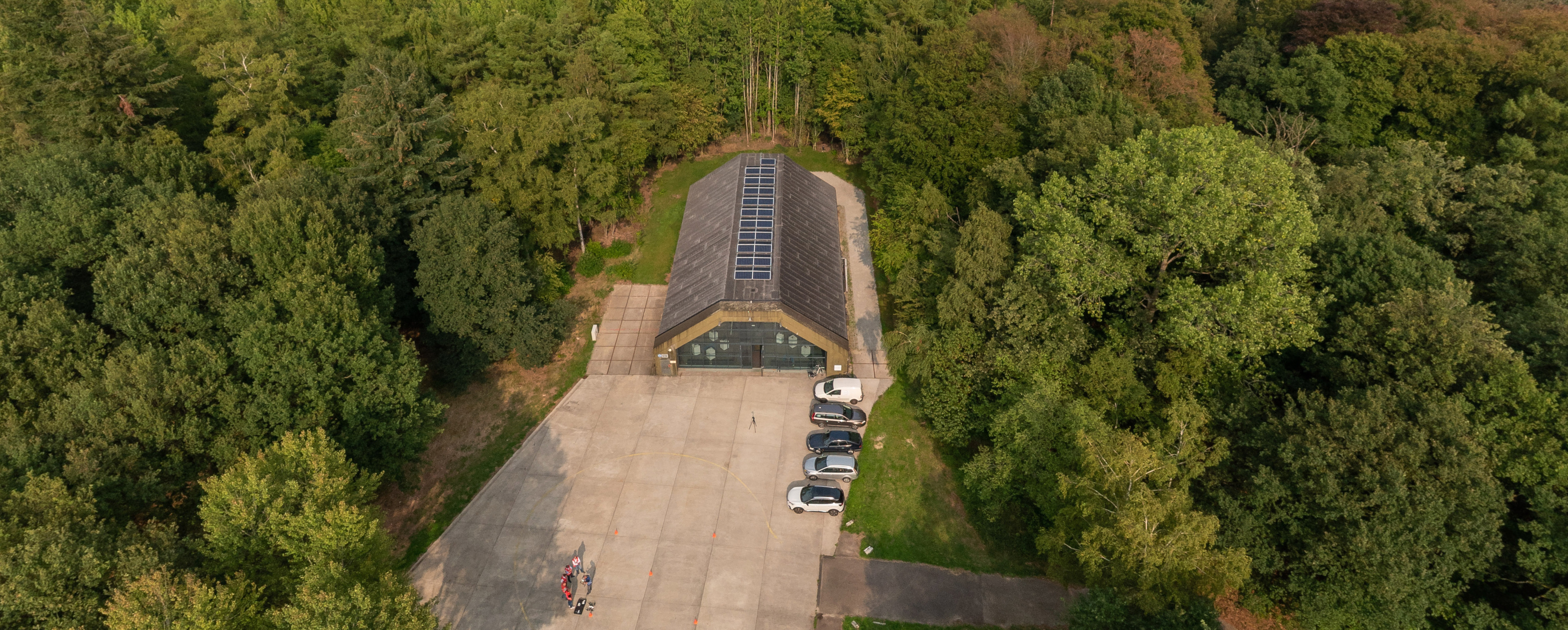Cases like missing persons cause massive social unrest and confront crime scene investigators with a dilemma: speed versus carefulness and precision. Forensic cues of clandestine graves and surroundings change through time due to natural decomposition. In addition, they get contaminated due to natural processes such as growth of plants around the clandestine graves.
Moreover and most importantly, they get contaminated unknowingly due to the involvement of large member of the public during voluntary search activity. As a result, time and preventing contamination of such crime scenes are key factor for successful conclusion of such crime investigations.
According to both the national police (NP) and NWVA, the current forensic investigation process of identifying and localizing clandestine graves of both human and animals highly involve mobilization and involvement of large number of human investigators and volunteers. However, such classical approaches are often confronted with the mentioned limitations as time and resource constraints and crime scene contamination.
The project
Naturally, the application of perceptive drones is gaining popularity amongst public institutions like law enforcement agencies. The main theme of this project is on how the potentials that drone technologies offer can be incorporated and realized in the investigative work process of the crime scene investigator, within the new legislative boundaries in order to optimize the outcome of their investigative work. In this project, the knowledge institutes will enrich their knowledge in drone technologies, domain specific knowledge on forensic research, operational procedures and integration in work processes of the professional. This project will also make a demonstrable contribution to the renewal of higher professional education. The police and NVWA will be equipped with operating procedures, legislative knowledge, skills and technological expertise needed to be on the forefront and benefit optimally from the potential of autonomous drone technology within their work processes. Moreover, the results of this project are expected to impact the public safety and security of the society positively.
Test environment
Space53’s test environment for unmanned systems has been used to test drone and sensor technology, mainly involving obstacle avoidance. The outdoor environment of Robor Electronics was used in order to test several techniques to detect crime scenes from the air.
On the 24th of January 2023 the final demonstration and presentation of the outcomes took place.
Partners
Saxion University of Applied Sciences, Space53, Politie, DRONExpert, ArcheoPro, TValley, Regieorgaan SIA



